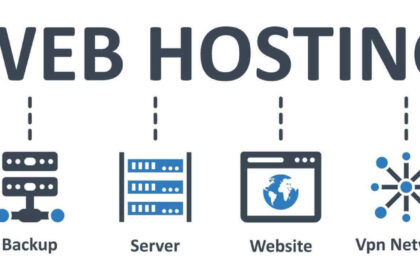If you’re currently thinking about your company’s email strategy and are considering whether to stay with Microsoft Exchange Server or Migrate Exchange to Office 365, you’re probably not alone. Moving to Microsoft Office 365 has several advantages when using an on-premises Exchange platform.
For most plans, Office 365 has changed its name to Microsoft 365. However, the E3 and E5 licenses still carry that name. So small businesses use Microsoft 365 and large businesses use Office 365. Over 1 million businesses already use Microsoft cloud services, and adoption is growing. Here are some of the benefits of moving from Exchange to Office 365:
1. Data Protection
For example, with your Office 365 email solution, you get automatic updates against recently identified security threats, built-in protection against data loss, and compliance with security standards like ISO27001, which Microsoft provides by default to all Office 365 users.
You can get If you work with a Microsoft partner, they may be able to provide additional security measures such as access control and encryption of email attachments. In Exchange, IT departments are responsible for implementing security updates. Additionally, updates to Office 365 don’t cause downtime, but downtime may occur. With its speed and rapid upgrades, Office 365 gives your employees immediate access to the latest features.
2. Data Recovery
Office 365 is an important tool for efficient disaster recovery. If your on-premises replication fails, online backup of your critical assets gives you easy access to all the data you need.
The main difference with Microsoft Exchange is that in the event of a fire or theft on your premises, you must collect the parts yourself.
3. Control
Unlike Office 365, which doesn’t provide direct access to hardware and infrastructure, Microsoft Exchange Server gives you (or your IT support company) full control over both. This distinction can affect your management of system configurations, upgrades, and changes. Again, small businesses often see this compromise between control and resource strain as an advantage.
A competent IT team can troubleshoot problems quickly and, depending on their skills, fix them quickly. If you’re on Office 365, you’re at Microsoft’s mercy. However, Office 365 will prove to be a more permanent option for all non-savvy IT businesses.
4. Scalability
With our Office 365 migration service, you can change the amount of email storage you need from month to month, allowing you to maintain scalability and flexibility as your business grows and changes. The capacity limits of an on-premises email server, Exchange, can be quickly reached by a growing business with high email usage needs.
The scalability of Office 365 opens up possibilities for business growth and globalization. For example, you can grant new offices instant access to existing email accounts or add new employees to your business software instantly. However, setting it up with on-premises servers and Exchange email can be a lengthy process, taking a lot of time and money.
In contrast, cloud-based email eliminates these costs and makes international expansion more viable. With a good service provider, businesses can enjoy the benefits of Windows Cloud PC Services which can help them to access their data from anywhere and at any time.
Conclusion
In recent years, the popularity of Microsoft Office 365 has grown rapidly. Many hosting providers offer cloud solutions, but migrating to Office 365 can be daunting, so you should reach out to the team of experts for guidance.
Cloud experts like Apps4rent can help deploy different hosting services and servers like Virtual Desktop Server and guide you through the process to maximize service availability with greater security.





